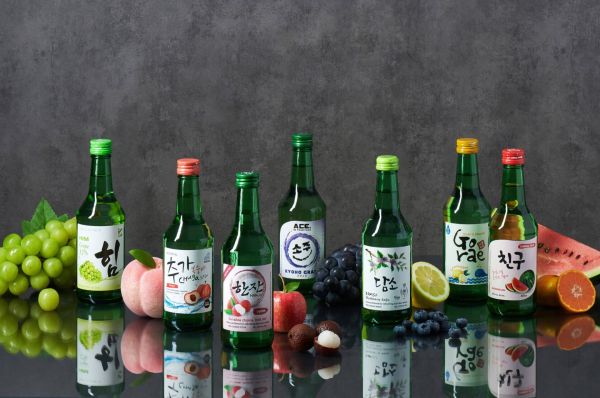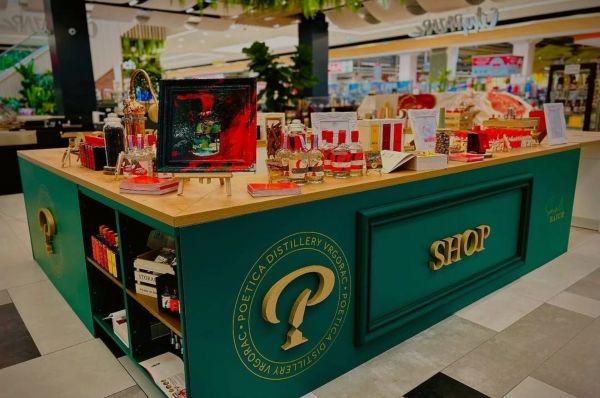
08/07/2024 The impact of Brexit on the beverage market, including import regulations, supply chain disruptions, and availability of wines and spirits.
Eight years after the United Kingdom’s historic decision to leave the European Union, the ripples of Brexit continue to shape various sectors of the economy, with the beverage market experiencing notable changes. The transition brought about by Brexit has introduced new import regulations, caused significant supply chain disruptions, and impacted the availability of wines and spirits in the UK. These changes present both challenges and opportunities for businesses within the beverage industry.
Brexit’s implications are far-reaching, affecting everything from the cost of imported goods to the ease with which these products can be brought into the UK. New import regulations have introduced additional paperwork and customs checks, leading to delays and increased costs. Meanwhile, supply chain disruptions have heightened these issues, making it difficult for businesses to maintain consistent stock levels. The availability of wines and spirits, in particular, has been impacted, with some products becoming harder to find or more expensive. This article discusses the influence of Brexit on the UK’s wine and spirits market, examining the new import regulations, the resultant supply chain disruptions, and their effects on the availability of wines and spirits. By understanding these factors, businesses can better navigate the post-Brexit landscape and capitalise on emerging opportunities.
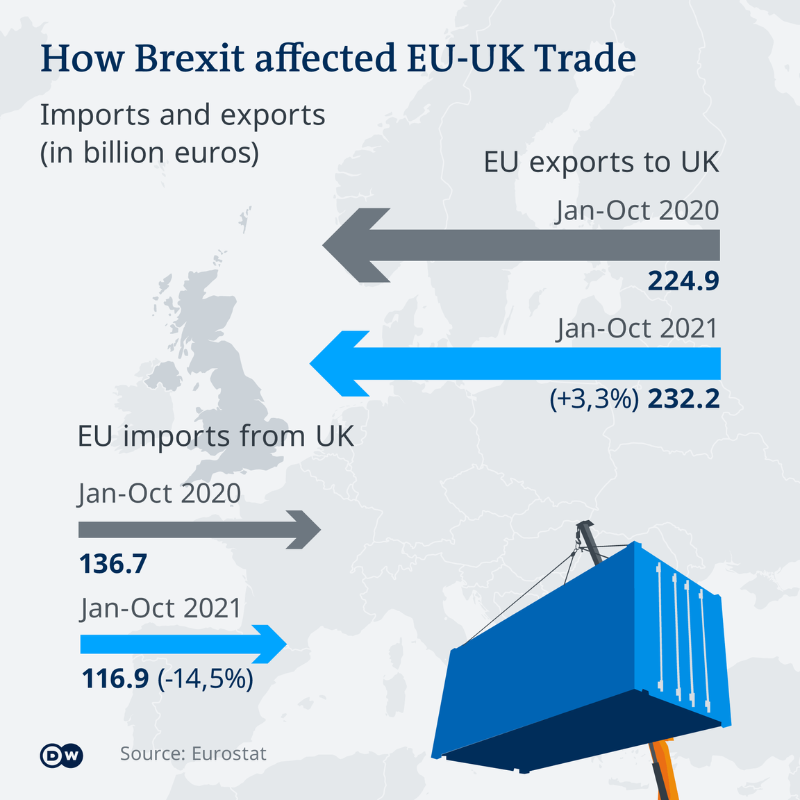
Source: DW
Import Regulations
Brexit has led to a wave of new import regulations that have significantly impacted the UK’s beverage market. The transition period ended on December 31, 2020, and since then, businesses importing beverages from the EU have faced a more complex regulatory environment.
Customs Declarations and Tariffs: One of the most immediate changes has been the requirement for customs declarations on goods entering the UK from the EU. Previously, the single market allowed for frictionless trade, but the reintroduction of customs checks has added a layer of bureaucracy. Importers must now navigate detailed paperwork, including declarations of origin, which can be time-consuming and costly. This has led to delays at ports and increased the administrative burden on businesses. Additionally, tariffs on certain goods have also come into play. While the UK and the EU agreed on a trade deal that eliminates tariffs on many goods, some specific beverage products are still subject to tariffs, affecting their prices and competitiveness in the market. For example, certain wines and spirits have faced tariff barriers, impacting their import costs and retail prices.
Regulatory Divergence: Another critical aspect of the new import regulations is regulatory divergence. As the UK establishes its standards and regulations, differences between UK and EU regulations have emerged. This divergence can lead to complications for businesses that must comply with both sets of regulations, especially those that import products that need to meet specific standards for ingredients, labelling, and safety. For instance, the UK has introduced changes in labelling requirements for beverages, necessitating updates to packaging and information provided on products. This can result in additional costs for businesses, both in terms of production and compliance.
Impact on Small and Medium Enterprises: Small and medium enterprises have been particularly affected by these regulatory changes. Unlike larger companies, SMEs often lack the resources to manage the increased administrative burden effectively. This has led to some SMEs reducing their imports from the EU or seeking alternative suppliers, which can disrupt established supply chains and affect product availability.
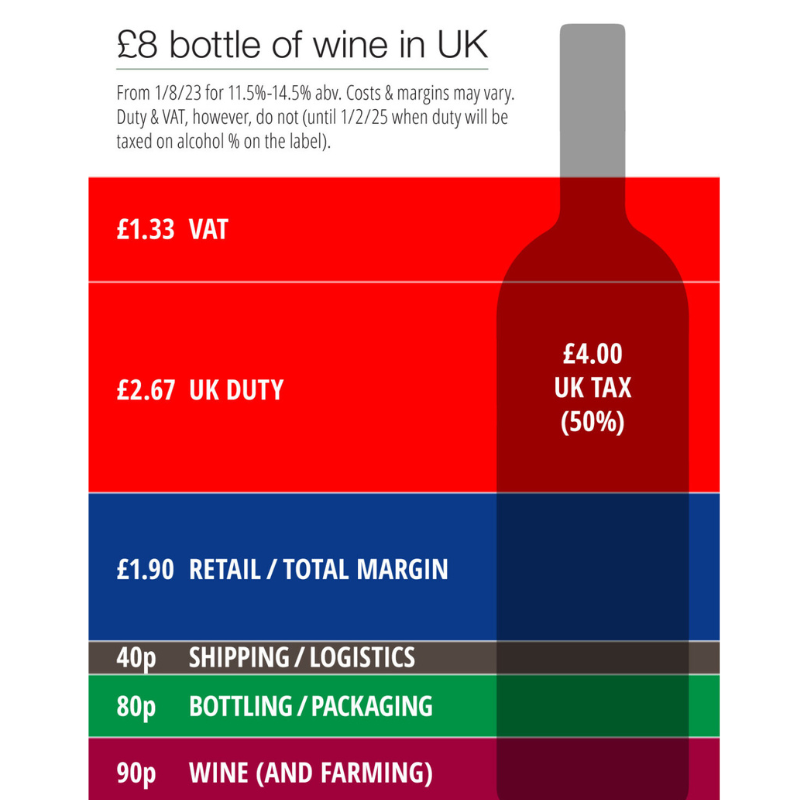
Source: Château Bauduc
Supply Chain Disruption
The beverage industry has also experienced significant supply chain disruptions due to Brexit. These disruptions have compounded the challenges posed by new import regulations, making it difficult for businesses to maintain consistent stock levels and meet consumer demand.
Border Delays and Logistics: One of the most visible impacts of Brexit on the beverage supply chain has been delays at borders. The introduction of customs checks and the increased paperwork required for imports have led to longer processing times at ports. These delays can disrupt the timely delivery of goods, leading to shortages and affecting the freshness and quality of perishable products. The logistics industry has also faced challenges in adapting to new procedures and regulations. Transport companies must ensure that their documentation is in order and that they comply with both UK and EU requirements. This has added complexity to the supply chain and increased the risk of delays and disruptions.
Impact on Availability of Raw Materials: The availability of raw materials for beverage production has also been affected by Brexit. For instance, ingredients such as fruits, grains, and other essential components sourced from the EU have become harder to obtain due to import delays and increased costs. This has forced some producers to seek alternative suppliers, which can affect product quality and consistency.
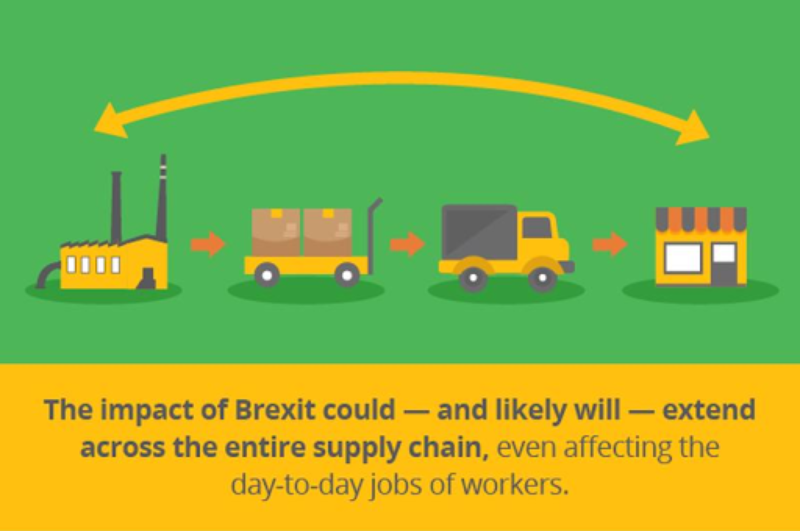
Source: Inspirage
Impact on the Availability of Wines and Spirits
The availability of wines and spirits in the UK has been notably impacted by Brexit. The combination of new import regulations and supply chain disruptions has made it more challenging to source these products from the EU, leading to changes in their availability and pricing.
Wine Imports: Wine is one of the beverage categories most affected by Brexit. The UK is a significant importer of wine, particularly from EU countries such as France, Italy, and Spain. The new customs checks and tariffs have led to delays and increased costs for wine imports, affecting both the variety and affordability of wines available to consumers. Some wine importers have reported difficulties in maintaining their usual stock levels due to the increased complexity and cost of importing from the EU. This has led to a reduction in the range of wines available on the market and, in some cases, higher prices for consumers.
Spirits Market: The spirits market has also experienced disruptions. While the UK is a major producer of spirits, particularly whisky, it also imports a significant quantity of spirits from the EU. The new import regulations have affected the availability of these products, with some spirits becoming harder to find or more expensive due to increased import costs. For example, gin and vodka imports from EU countries have faced challenges, impacting their availability on store shelves. This has led to shifts in consumer preferences, with some opting for domestically produced alternatives or exploring products from non-EU countries.
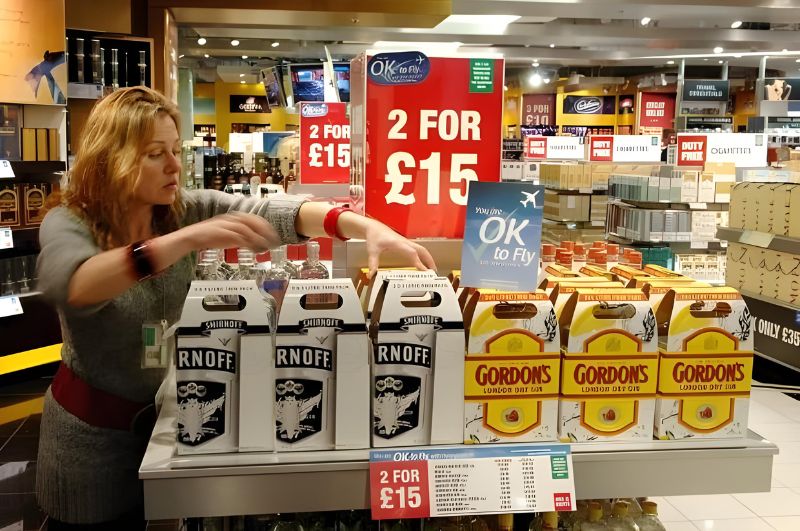
Source: The Sun
Impact on Retailers and Hospitality
Retailers and the hospitality sector have felt the impact of these changes acutely. Supermarkets and speciality beverage stores have had to adjust their sourcing strategies to cope with the new regulations and supply chain issues. Some have sought to diversify their product ranges by increasing imports from non-EU countries or focusing more on UK-produced beverages. The hospitality industry, particularly bars and restaurants, has also had to adapt. With certain wines and spirits becoming harder to source, establishments have had to modify their menus and drink offerings. This has sometimes led to higher costs for consumers and changes in the overall drinking experience.
Eight years after Brexit, its impact on the UK’s beverage market remains significant. The introduction of new import regulations, coupled with supply chain disruptions, has created a challenging environment for businesses. The availability of wines and spirits has been notably affected, with delays, increased costs, and regulatory complexities making it harder to maintain a consistent supply. Businesses in the beverage industry must continue to adapt to these changes. For importers, understanding and navigating the new regulatory landscape is crucial. This may involve investing in additional resources to manage customs declarations and compliance requirements. Diversifying supply chains and exploring new markets can also help mitigate some of the challenges posed by Brexit.
Header Image Source: Wine & More
TAGS:
 The On Trade
The On Trade 







